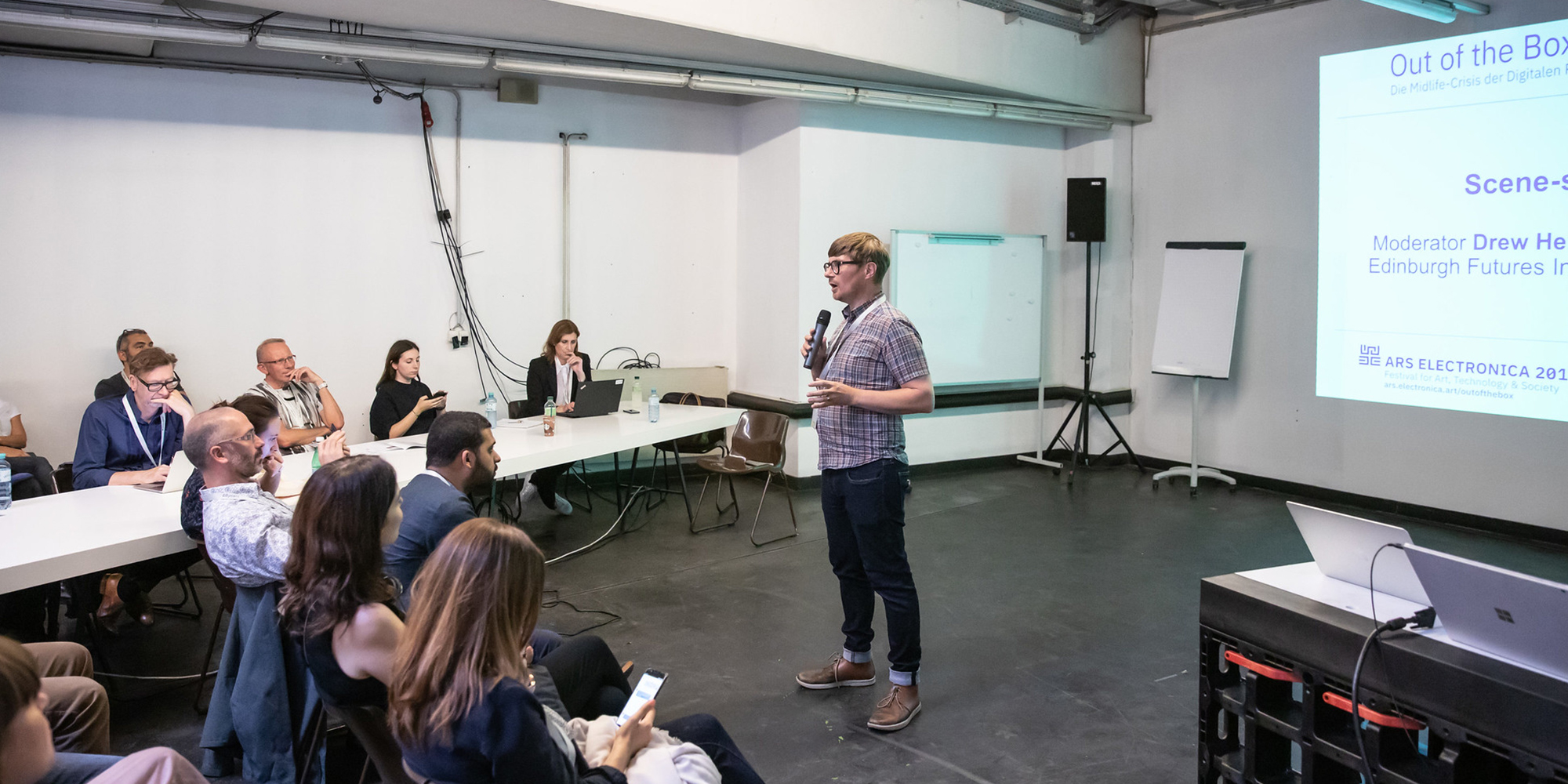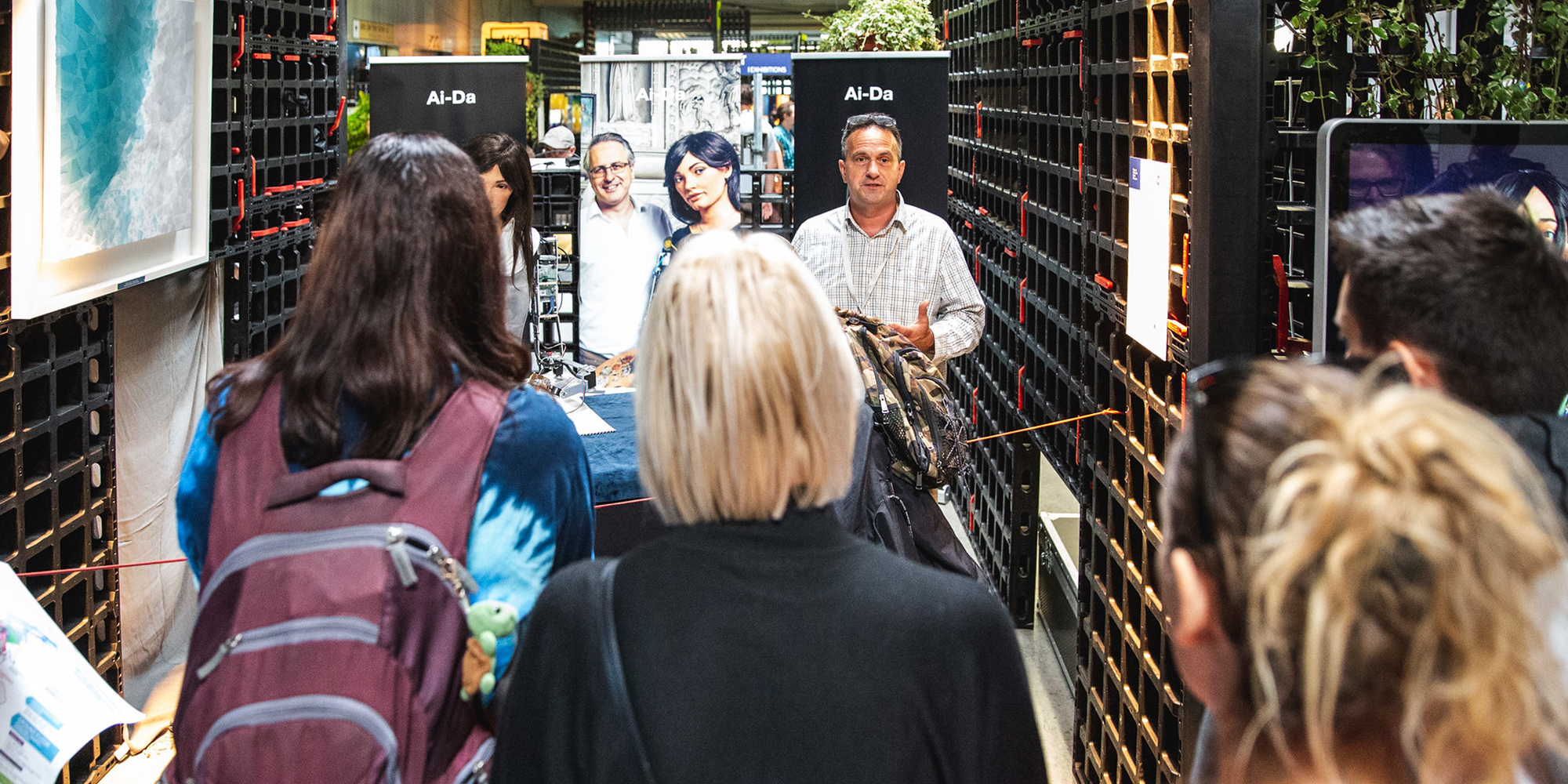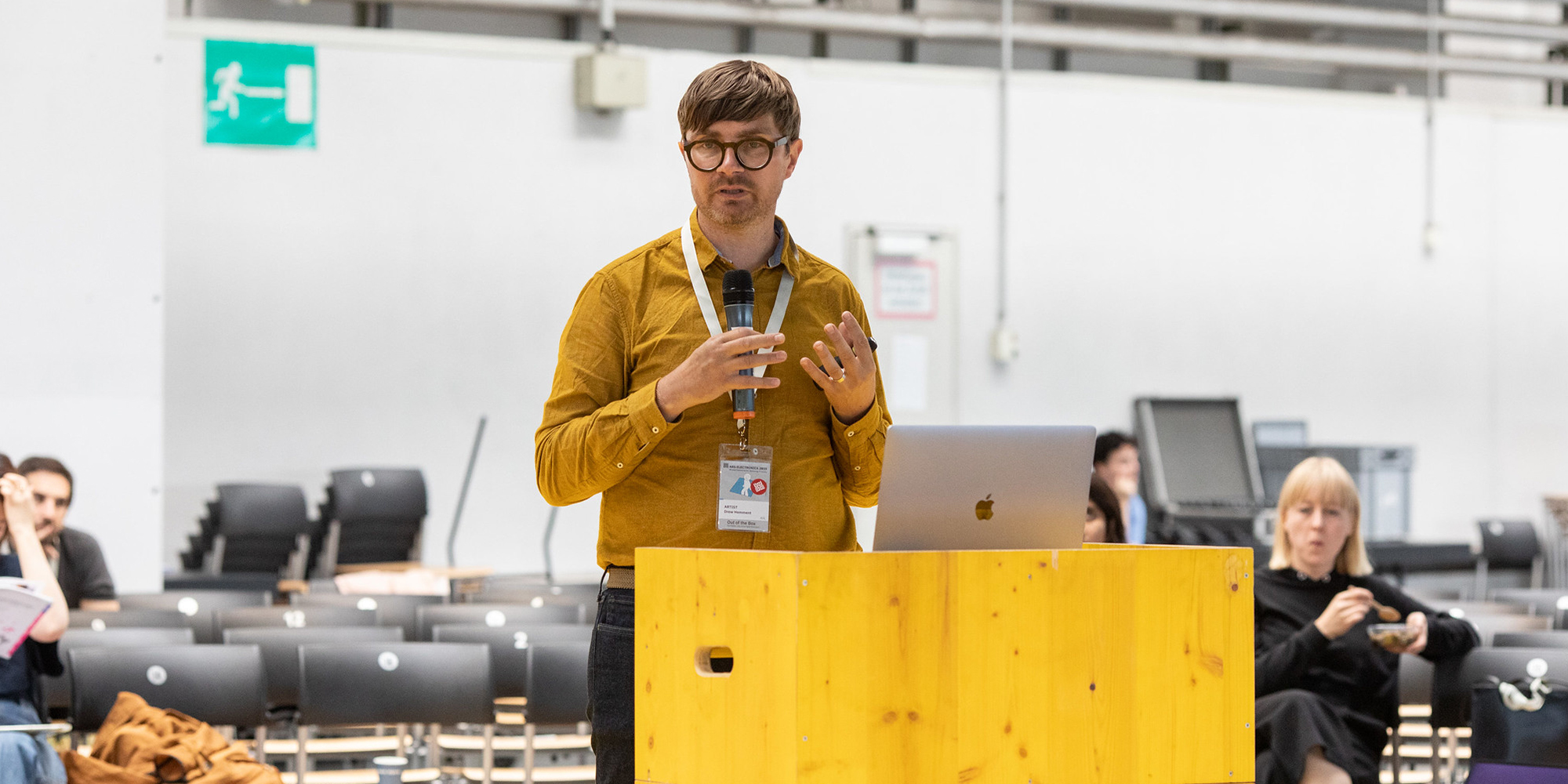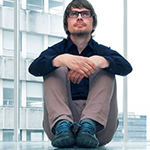In order to consider artificial intelligence in its entirety, social and ethical questions must also be considered. The European ARTificial Intelligence Lab now offers the second residency in the programme to support the creation of important artistic works. On the topic “Entanglements – fair, moral and transparent AI”, artists will be sought who develop new, interdisciplinary concepts on AI. We spoke with Drew Hemment, artist, researcher and designer at the Edinburgh Futures Institute.

Why is it important to deal with artificial intelligence at this time in particular?
Drew Hemment: There is a real urgency to address the social and ethical consequences of the entanglements between people and artificial intelligences. At the same time, there is growing interest in artificial intelligence and machine learning among artists, as both a tool and a subject for their work. In this residency, we will give artists the opportunity to engage in the really important science concepts, and the crunchy ethical challenges, that make AI such an interesting field.
We are seeing today profound changes in society brought about by autonomous systems. These systems are rarely transparent, and are often unintelligible to humans. This creates threats to important values – such as fairness, morality and transparency. We need therefore to envision fair, moral and transparent futures for AI, and to acknowledge the entanglements between people, machines, and situations. We are interested in how collaboration between art and science can unlock new perspectives on AI, and enable artists to create new dimensions in their artistic practice.
AI is very much the zeitgeist right now. We are doing our best to ignore that, as one the noise dies down we can get on with the real work. We are looking at challenges that are going to be vitally important in the years ahead, and we are looking for people who want to go deep into these issues. We have written about the residency theme for Leonardo, and there is also a theme statement online.

Edinburgh is one of Europe’s leading centres for data science and artificial intelligence education, research and innovation. It’s also home to the world’s most famous arts festival. What are the plans for Edinburgh Futures Institute – with which topics and projects are you dealing with right now?
Drew Hemment: Edinburgh has been a centre for AI research since the early 1960s, second only to Stanford. The Edinburgh Festival will soon celebrate its 75th anniversary. We are creating Edinburgh Futures Institute to tackle challenges and crises facing society. It will spark new connections, and bring together people and organisations from many backgrounds to work on urgent ecological, democratic, economic, social, cultural and technological concerns.
In two years the doors will open on our new home, the restored Old Royal Infirmary, once home to Florence Nightingale. Its an opportunity for one of Edinburgh’s most loved buildings to have a new life. The Experiential AI programme at Edinburgh Futures Institute offers artists access to leading AI scientists and ethicists, as well as to Edinburgh’s world famous festivals as a laboratory for testing ideas with audiences. Experiential AI connects the dots on the art, science and ethics of AI, and is a fantastic opportunity for an artist to broaden and deepen their practice. At the moment, we are a small group of researchers at the University, with some great friends. The residency is one of our first projects, along with a solo show of works by artist Jake Elwes, which I curated this summer for Edinburgh. I’m also working on the GROW Observatory, a H2020 citizens’ observatory I lead. Our Experiential AI group also involves people from University of Edinburgh Informatics, Bayes Centre, Edinburgh College of Art and the Heriot-Watt Robotarium.
Edinburgh International Festival are a partner in this residency, and there are other great festivals in the city we will work with in the years ahead. It’s all these influences that brought me to Edinburgh – there is no place better to work on futures, festivals and AI.

What infrastructure awaits artists at the Edinburgh Futures Institute of the University of Edinburgh? What will they be able to do during their residency?
Drew Hemment: We’ve worked hard to make this an outstanding opportunity for an artist who wants to engage in this theme. The package with the AILab residency include financial package of €15,000. The artist spends time with us in Edinburgh, and also time at Futurelab in Linz. In Edinburgh, we’ve been working over the last year to engage the really interesting AI scientists and ethicists. This means the artist will arrive to find a community educated and enthused by the possibility of collaboration with an artist. Machine learning is very specialised, and the artist will have access to leading people in the field and should they wish to engage with the Robotarium, technical and engineering support there, too.
One of the limitations you can get in residencies is that there is no capacity for developing the work. In this case, the artist will have time at Future Lab for production. In Edinburgh, we have also raised some additional funding, to contribute towards developer time at EPCC, who turn concepts into operational systems. This is a limited resource, but can help a work to come out of this. We’ve also brought Edinburgh International Festival into the residency as a partner. Its central to my plan for the city to create a programme of research and experimental work between the Festivals. So having them involved in our first residency is nice.

Last but not least: What advice would you like to give to the people who would like to apply for the ARTificial Intelligence Lab Residency?
Drew Hemment: The most important question, thank you for asking! The residency is a fantastic opportunity to engage in the science and technology behind AI, and to really get inside the key ethical and social concerns. There is a lot of misunderstanding and misinformation around AI, so if you want to seriously engage in this topic, the residency is for you. If you are looking at this, think about how your artistic practice and research could benefit from this opportunity. Say honestly what you think you can bring, and how you might benefit. AI is a really specialist subject, not everyone will have all the questions worked out. We are looking for someone who can go on a journey with us, who can bring real integrity and imagination. We are careful to stress we are not expecting you to produce a finished piece through this residency. The research outcomes are as, if not more, important. But if finished work comes out of it, well that’s great too!
This specific residency is in partnership with Edinburgh International Festival. This is the flagship festival in the city. They are mainly performance based, and so have offered to present prototypes in a live performance setting. Ars Electronica are able to show performance work or visual art installations. We are really looking for someone who will be able to benefit from the interaction with the science community here. If they are not already knowledgeable about machine learning, you will need to be confident in related technology themes, so you can have meaningful conversations. We shaped the theme to hopefully inspire people, who are either already engaged in the social and ethical consequences of AI, or who would like to explore this as a new direction in their work. We want this to be a meaningful interchange between art and science. Through this residency and other opportunities we want to build relationships with artists, scientists, engineers, philosophers, policy makers, companies, who care about the consequences and possibilities of AI.
A full residency theme statement is available here.
To apply visit https://calls.ars.electronica.art/ailab/

Drew Hemment (UK) Dr Drew Hemment is an artist, designer and academic researcher. He is Chancellor’s Fellow at Edinburgh Futures Institute, University of Edinburgh. Hemment convenes Experiential AI, and is Project Lead of the GROW Observatory, Founder of FutureEverything and on Editorial Board of Leonardo. His work is recognised by Soil Award 2019 (Winner), STARTS Prize 2018 (Honorary Mention), Kantar Information Is Beautiful 2016 (Silver), Lever Prize 2010 (Winner), Prix Ars Electronica 2008 (Honorary Mention).

